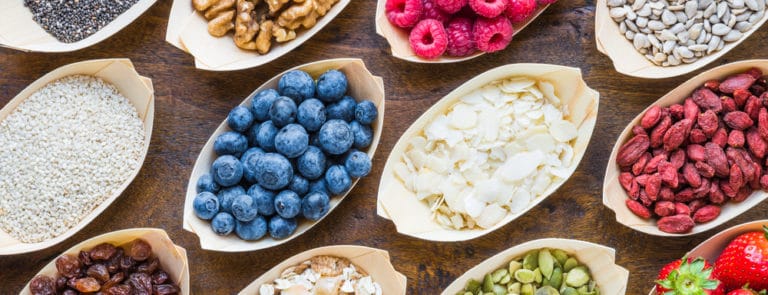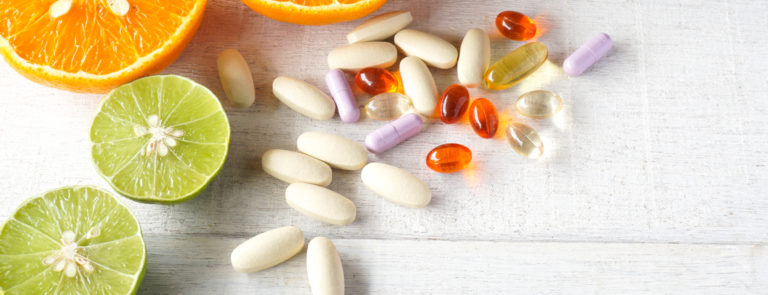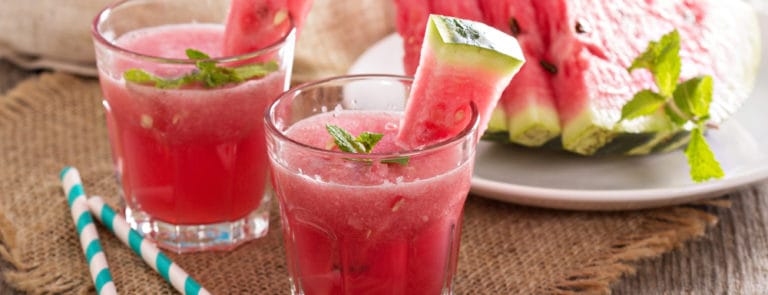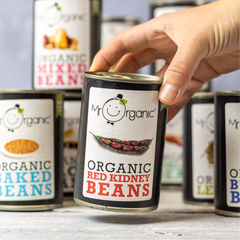If you want to avoid succumbing to countless sniffles and colds during the colder months, there are a number of steps you can take.
Keeping wrapped up when outside and making sure your home is warm is a must, but you should also consider the types of foods you eat to support your immunity.
Include these immunity supporting foods in your diet:
1. Oranges
You need to make sure that your body has plenty of
vitamin C during the colder months as it helps your body fight off infections
1. Vitamin C can’t be stored by your body so you need to try and incorporate foods that are rich in vitamin C every day. If you’re not a fan of oranges then you could try eating more tomatoes, peas and peppers, take a vitamin C supplement or drink hot lemon
2. Watermelon
They can be tricky to get hold of at this time of year but watermelons contain citrulline, which helps keep your
heart healthy, and they’re rich in vitamins A, C and B6 too. Their red flesh supplies your body with lycopene
2, helping your
bones stay strong and your immune system balanced.
3. Broccoli
When it comes to choosing your five-a-day, make sure broccoli becomes a firm favourite as it’s bursting with nutrients that are good for your
gut. It's high in fibre, vitamin C, potassium, vitamin B6 and vitamin A
3. Instead of cooking your broccoli, try to eat it raw if you can, as it’s more nutritious this way. Similar vegetables that are classed as super foods when it comes to your immune system include sprouts, kale and cauliflower. Why not give this tasty
broccoli, spinach and wheatgrass soup a try.
4. Oysters
If you want to be as healthy as possible you need to make sure your body has enough
zinc. There are a number of different ways you can do this. You can take a zinc supplement or try eating oysters, eggs, mushrooms, chicken, pumpkin seeds or cashew nuts more regularly. Zinc is needed for white blood cell production so your body can fight off
infection and for healthy skin, hair and nails
4.
5. Yoghurt
Instead of pouring milk on your cereal in the morning, why not add a dollop of yoghurt instead? You need to choose a yoghurt that contains
'active' or 'live cultures' as these help your immune system fight against bad bacteria in the gut
5. Yoghurts also contain vitamin D, which helps to regulate your immune system
6. Discover three tasty recipes with yoghurt
here.
6. Cinnamon
Next time you go to make yourself a hot chocolate or cup of tea, try sprinkling in some cinnamon. You could try mixing it with raw honey, or you could try making your own cinnamon rolls with dairy-free cream cheese frosting following our step-by-step recipe
here.
Handpicked article:
What exactly is natural immunity?
Shop Immune Support
Last updated: 15 May 2020
Sources
1
https://efsa.onlinelibrary.wiley.com/doi/pdf/10.2903/j.efsa.2015.4298
2
https://www.ncbi.nlm.nih.gov/pmc/articles/PMC4464475/
3
https://www.livescience.com/45408-broccoli-nutrition.html
4
https://efsa.onlinelibrary.wiley.com/doi/epdf/10.2903/j.efsa.2009.1229
5
https://www.healthline.com/health/food-nutrition/foods-that-boost-the-immune-system#yogurt
6
https://efsa.onlinelibrary.wiley.com/doi/pdf/10.2903/j.efsa.2015.4096










